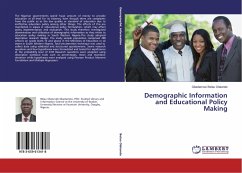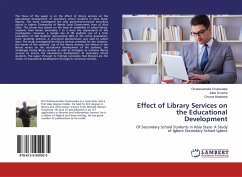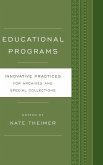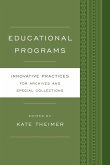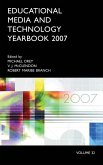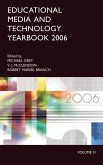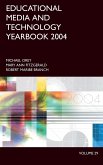The Nigerian governments spend huge amount of money to provide education at all level for its citizenry, even though there are complaints from the public as to the low quality or standard of education due to ineffective education policy among other things. The effects of this are manifested in lapses in educational policy formulation, which may affect policy implementation and evaluation. This study therefore investigated dissemination and utilization of demographic information as they relate to education policy making in South Western Nigeria.The study adopted descriptive research design. The study sample population comprised 398 officers on grade levels 13 and above in the Ministries of Education in six states in South Western Nigeria. Total enumeration technique was used to collect data using validated and structured questionnaire. Seven research questions and four hypotheses were formulated and tested for significance at the probability level of 0.05 Research questions were analyzed using descriptive statistical tools such as percentages, mean and standard, deviation while hypotheses were analyzed using Pearson Product Moment Correlation and Multiple Regression.
Bitte wählen Sie Ihr Anliegen aus.
Rechnungen
Retourenschein anfordern
Bestellstatus
Storno

